How do I start Python for beginners?
How do I start Python for beginners?
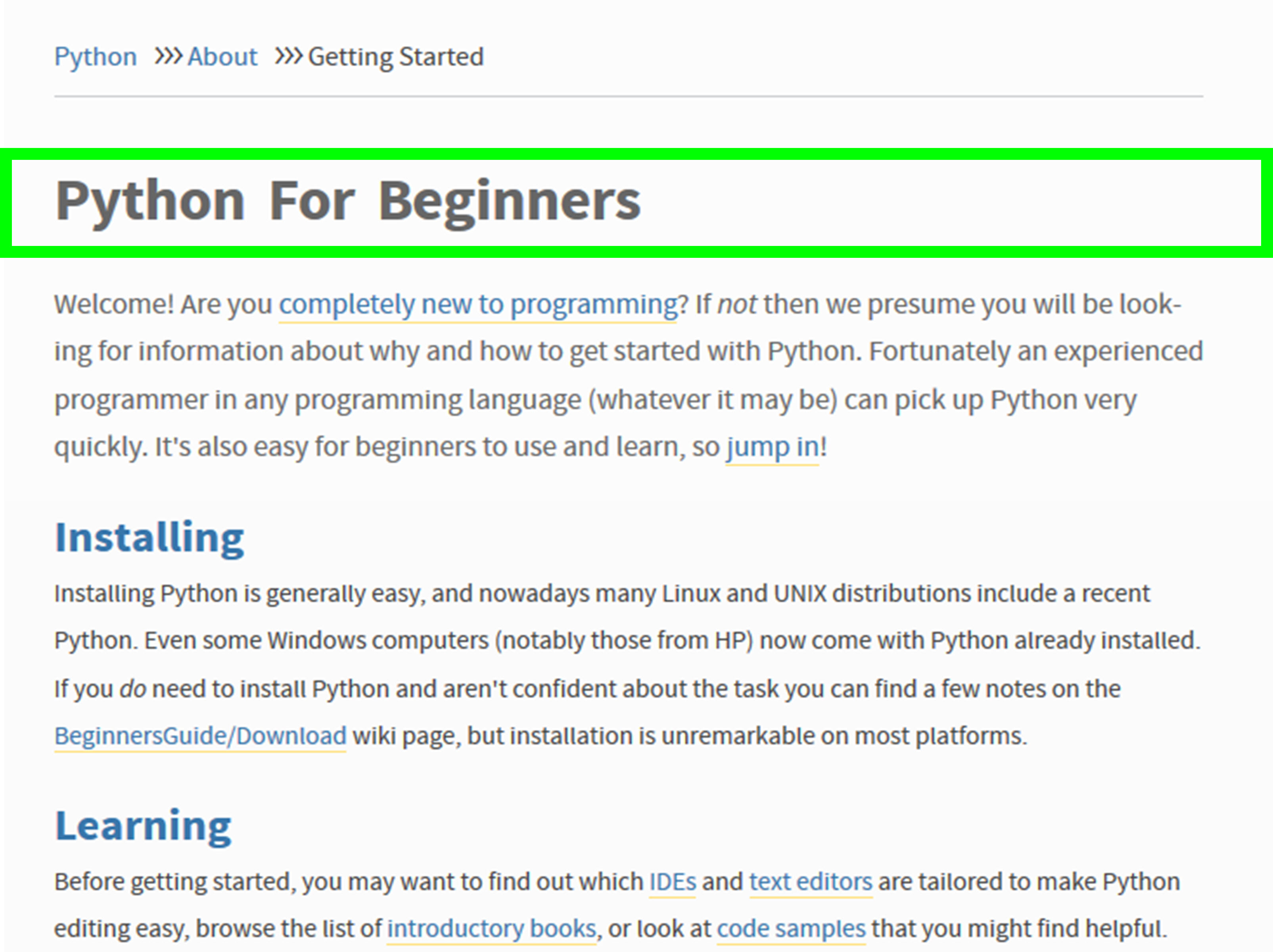
Starting your programming journey with Python! It's an exciting adventure ahead. As a beginner-friendly language, Python is perfect for those who want to learn coding basics and build projects that matter. Here's a comprehensive guide to help you get started:
Step 1: Set up Python on Your Computer
Before diving into the world of Python, make sure you have it installed on your computer. You can download the latest version from the official Python website: https://www.python.org/downloads/. For Windows users, I recommend using the "Install for all users (recommended)" option.
Step 2: Choose a Text Editor or IDE
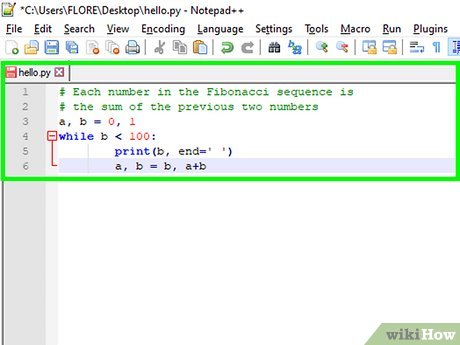
You'll need a text editor or Integrated Development Environment (IDE) to write and run your Python code. Here are some popular options:
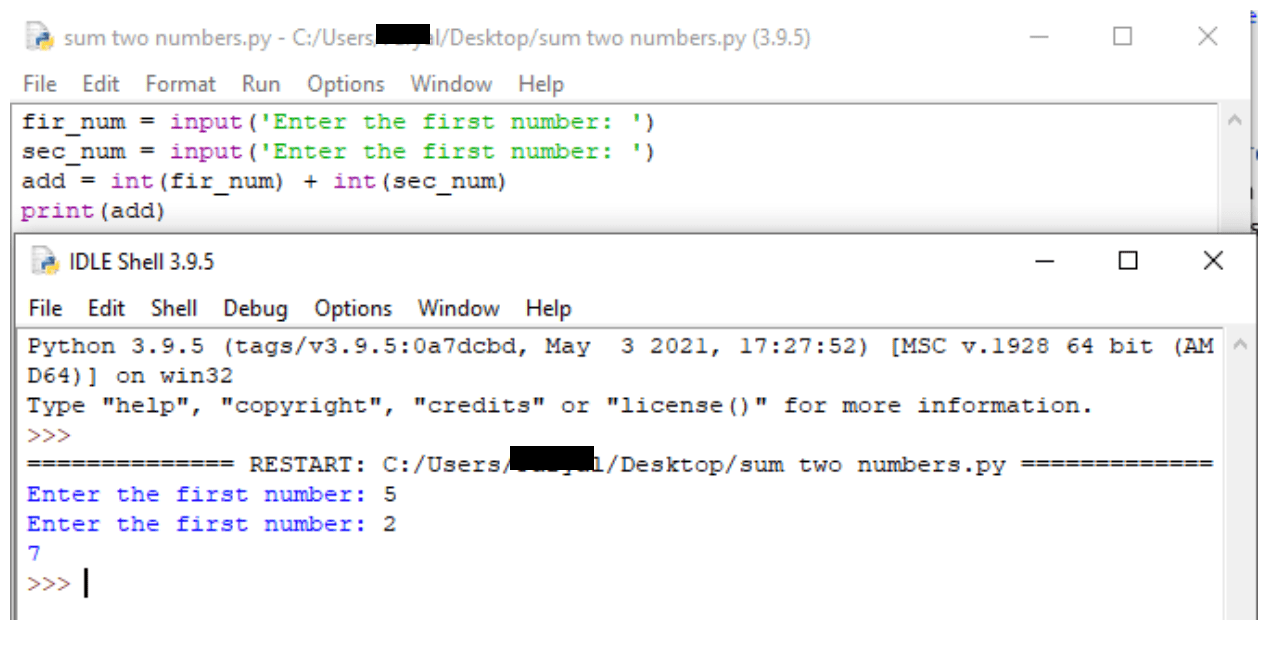
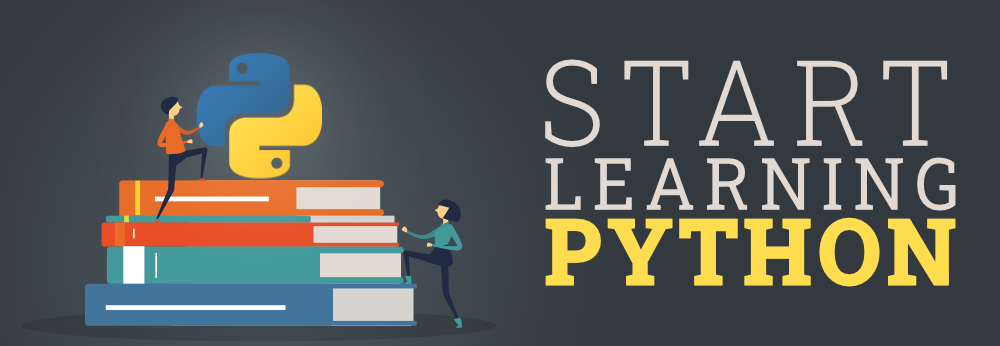
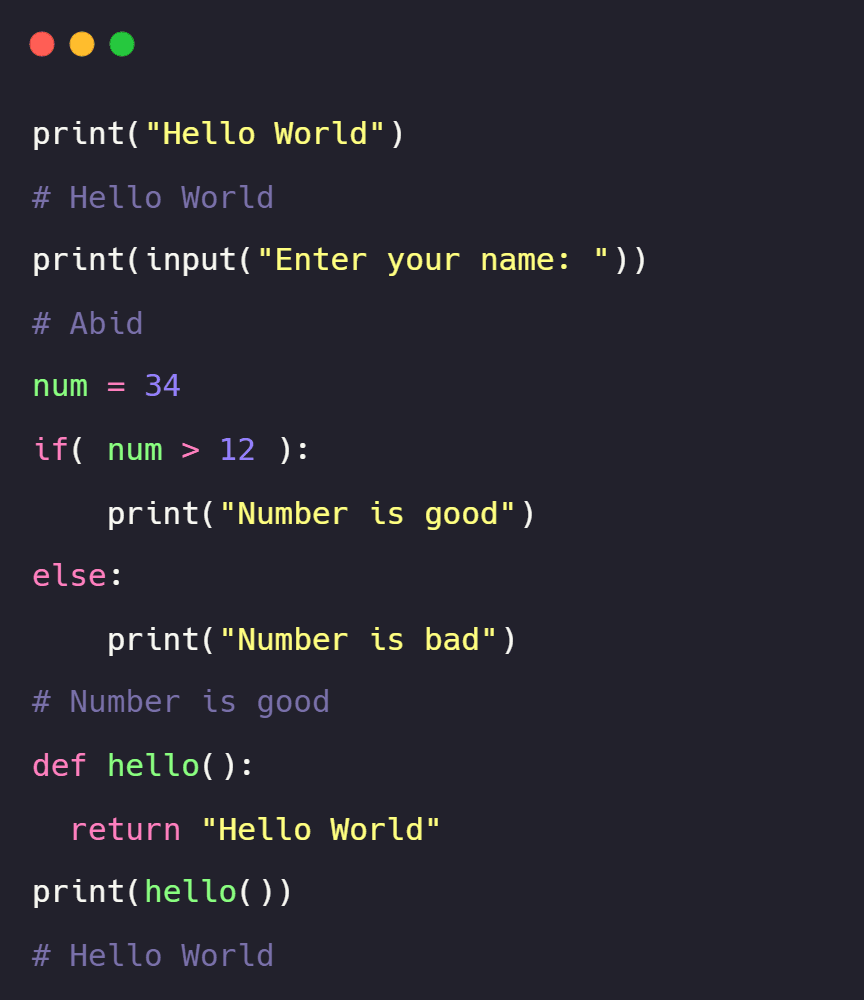
Step 3: Learn the Basics
Start with the basics:
Variables: Assign values to names using the= operator (e.g., x = 5). Data Types: Understand the differences between int, float, str, and bool. Operators: Familiarize yourself with arithmetic, comparison, logical, and assignment operators. Control Structures: if-else statements for conditional execution for loops for iterating over sequences or dictionaries while loops for repetitive tasks
Step 4: Practice with Tutorials and Exercises
Practice makes perfect! Complete online tutorials, such as:
Codecademy: Offers interactive coding lessons and exercises. Python.org: The official Python website has a "Tutorials" section, featuring introductory guides. W3Schools: A popular resource for web development tutorials, with Python sections.Step 5: Join Online Communities and Forums
Connect with other programmers to get help, share knowledge, and stay motivated:
Reddit: r/learnpython, r/Python, and r/webdev are excellent communities. Stack Overflow: A Q&A platform for programming-related questions. Python subreddit: Share your projects and get feedback from experienced developers.Step 6: Work on Projects
As you gain confidence, start building real-world projects:
Command-line tools: Create simple scripts to automate tasks or manipulate files. Games: Implement classic games like Hangman, Tic-Tac-Toe, or Chess. Data analysis: Explore datasets and visualize data using libraries like Pandas and Matplotlib.Step 7: Read Books and Documentation
Stay up-to-date with the latest best practices and learn from experienced developers:
"Python Crash Course" by Eric Matthes: A comprehensive introduction to Python programming. "Automate the Boring Stuff with Python" by Al Sweigart: Practical guides for automating tasks and processes. Python documentation: The official Python documentation is an excellent resource for API references, tutorials, and more.By following these steps, you'll be well on your way to becoming a proficient Python programmer. Remember to:
Practice regularly Join online communities and forums Read books and documentation Work on projects that interest youPython is an incredible language with endless possibilities. Start your journey today, and get ready to create amazing projects!
Can I teach myself Python?
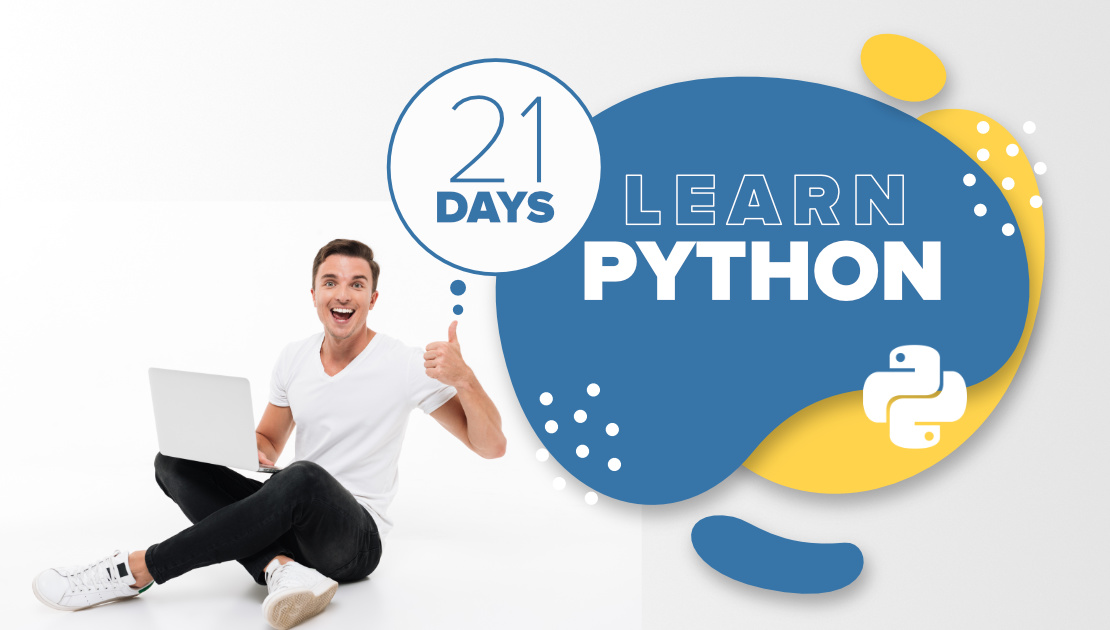
The eagerness to learn is a wonderful thing! Yes, you can most certainly teach yourself Python. In fact, many successful programmers and data scientists have learned through self-study.
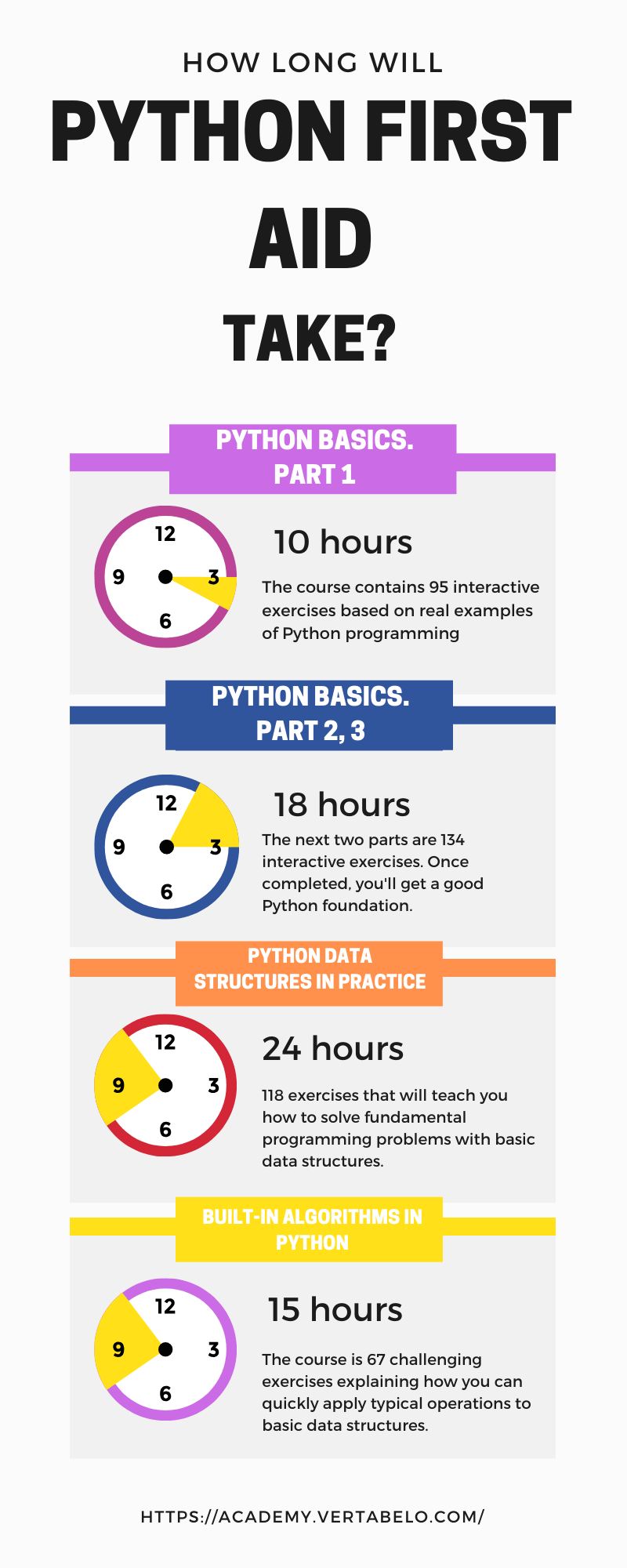
One of the greatest advantages of teaching yourself Python is that you can set your own pace, allowing you to learn at a speed that suits your learning style and schedule. You can work through tutorials, online courses, or books on your own timeline, revisiting concepts as many times as needed until they click.
Python's syntax is also relatively straightforward, making it easier for beginners to grasp. It has a vast range of libraries and frameworks, such as NumPy, pandas, and scikit-learn, that make data analysis, visualization, and machine learning accessible even without prior experience.
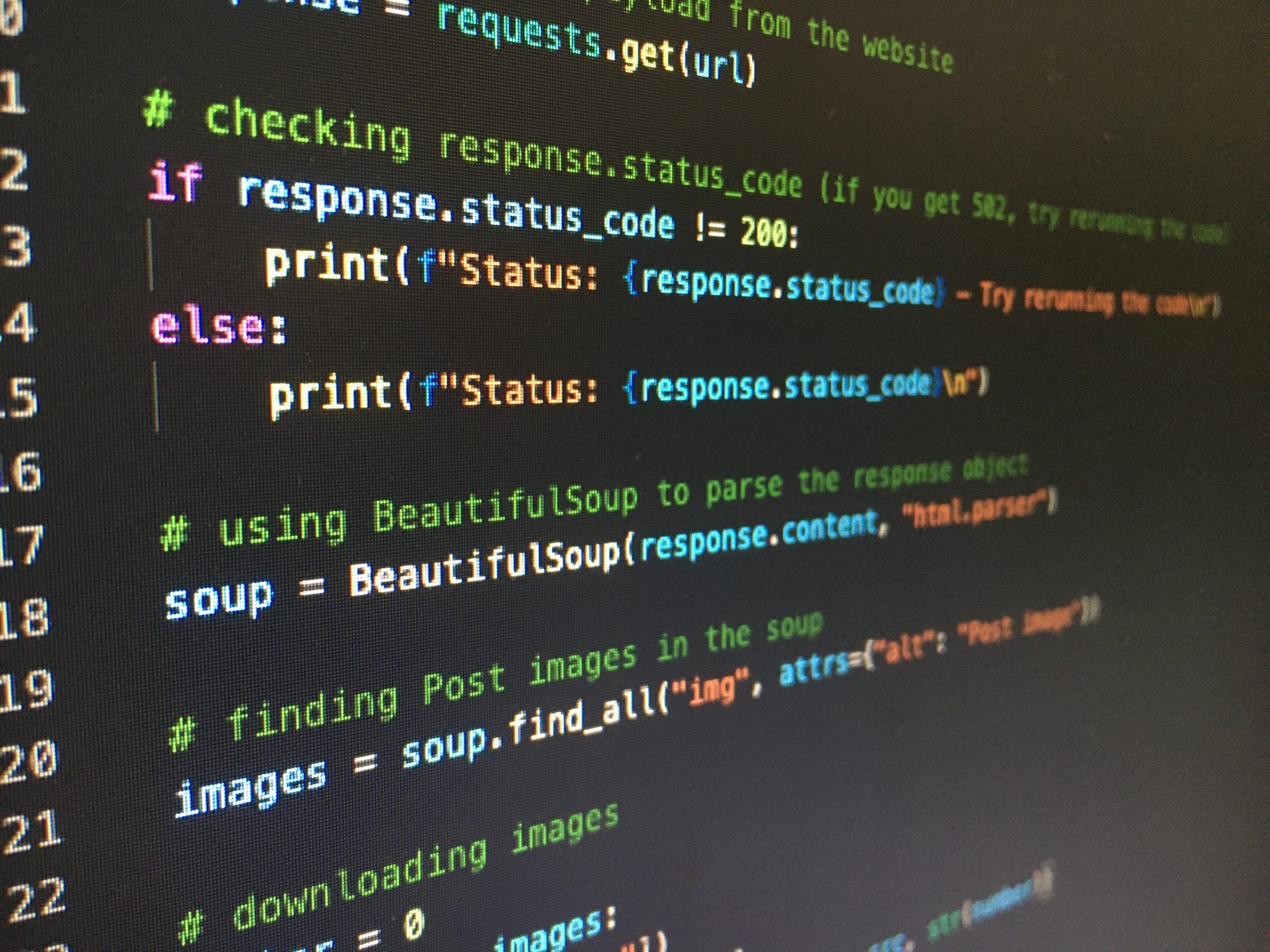
Here are some excellent resources to get you started:
Codecademy's Python Course: A comprehensive online course that covers the basics of Python programming. Python.org: The official Python website has a section dedicated to tutorials, guides, and resources for beginners. W3Schools' Python Tutorial: A concise tutorial that focuses on the practical aspects of learning Python. Google's Python Class: A free online course covering Python basics, including data structures, file input/output, and error handling. Udemy's Python Courses: A wide range of courses offered by instructors, from beginner-friendly to advanced topics like machine learning.To make the most out of your self-study journey:
Start with the basics: Focus on understanding variables, control structures, functions, and data types before moving on to more complex topics. Practice, practice, practice!: Code along with tutorials, solve exercises, or even build personal projects to reinforce your learning. Join online communities: Participate in forums like Reddit's r/learnpython, Stack Overflow, or Python subreddits to connect with other learners and get help when needed. Read books and documentation: Familiarize yourself with Python's official documentation, as well as books by experienced authors to deepen your understanding.Remember, learning a programming language takes time and dedication. Be patient, persistent, and don't be afraid to ask for help. With persistence and the right resources, you'll become proficient in Python in no time!
(Please note: This response is in English only.)





























